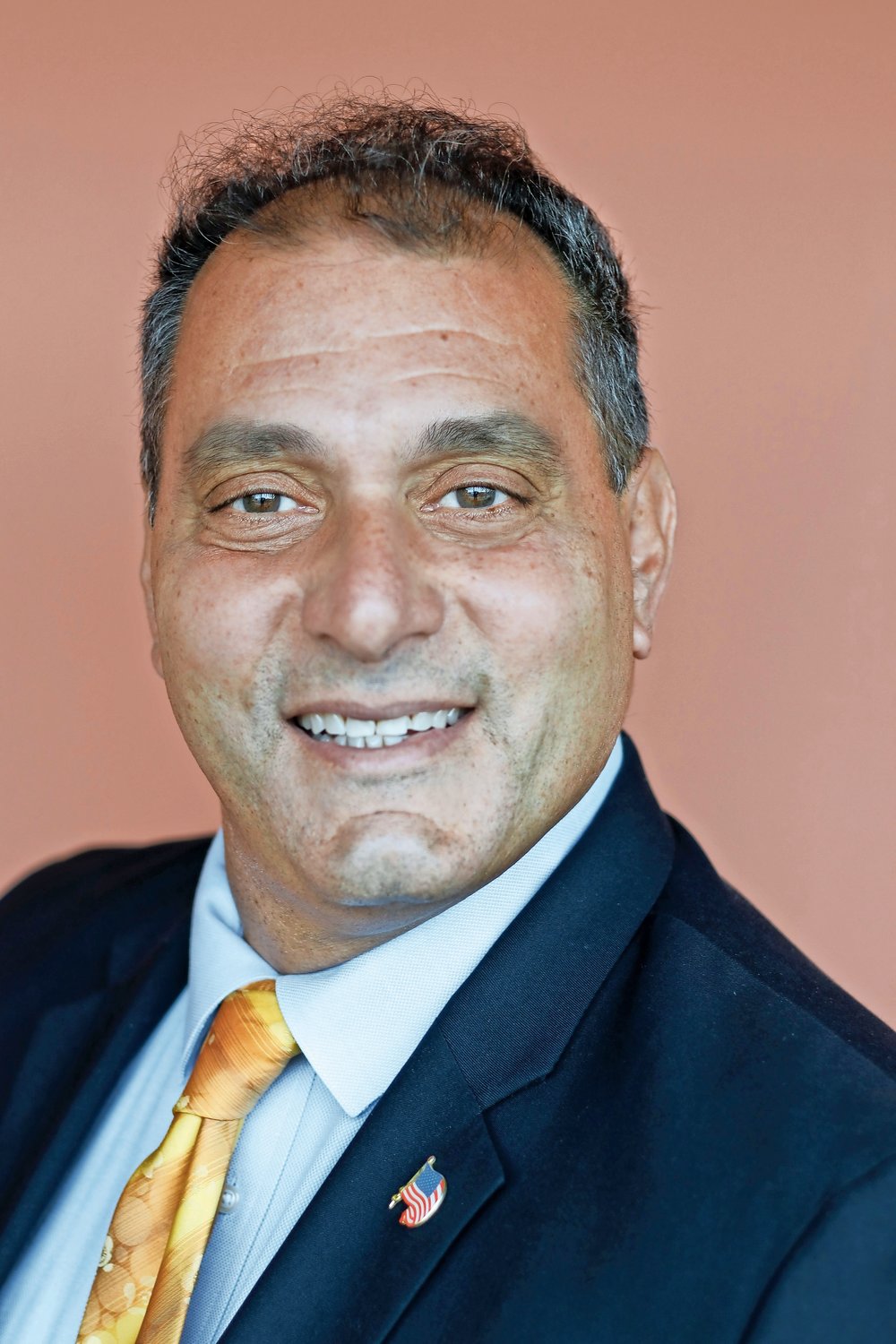Criminal charges possible for disrupting TOB meetings
The Town of Oyster Bay last week passed a local law stating that anyone who disrupts a Town Board meeting can be arrested and charged criminally. Offenders can be subject to up to 15 days in jail. Normally in the past, anyone who disturbed a meeting was asked to leave, but was not charged.
Offenders can be charged with disorderly conduct, said Brian Nevin, the town spokesman. The law, adopted Oct. 6 in a board vote of 7-0, states that speakers at meetings “may not make personal comments about public officials, town residents and others.” The objective, the law states, is to allow residents to voice their opinions in an “atmosphere free of slander, threats of violence or the use of the Board meeting as a forum for politics.”
Photography and videography will be allowed at board meetings, so long as it is “done in a manner that does not interfere with the meeting,” according to the new law. The supervisor can decide if equipment is too large, or if someone taking photos or videos is too close to a speaker or the board.
In an interview with the Herald Guardian, Supervisor Joseph Saladino said it would be up to police to arrest anyone who is ejected from a meeting, and up to the Nassau County district attorney to charge the person. In an Oct. 12 Newsday story, however, District Attorney Madeline Singas expressed doubt that charges would lead to prosecution.
There have been several meetings, Saladino said, at which certain people have walked over to the lectern while a resident is speaking and put a camera close to the person’s face as a form of intimidation.
At one meeting, Nevin said, attendees hit one another with signs and spat at one another.
“You can come to Town Hall and say whatever you want to say,” he said. “This is about disorderly conduct. Our biggest concern is to have a safe environment at our meetings and keep them respectful. Anyone is allowed to video or take pictures.”
Certain people have also disrupted ethics and environmental review board meetings, Saladino said, prompting a few members of those boards to quit, saying they were uncomfortable being videotaped.
“There are checks and balances to the new rule,” Saladino said.
Nevin spoke of an incident at the August meeting in which someone became disruptive. “A resident who wanted to speak about the town’s animal shelter was unhappy that she could not gain entrance to a Town Board meeting because it was filled to capacity,” he said. “She tried to get into the building anyway, banging on the sliding door so hard it went off the tracks and fell, nearly hurting someone inside. People have been screaming during meetings, and one person made a sexual gesture towards a female councilwoman. Police need to have something on the books.”
The Press Club of Long Island, however, expressed concern that the new law might interfere with reporters’ ability to do their jobs.
“The rules adopted in Section Three for use of recording equipment is what we are objecting to,” said Brendan O’Reilly, PCLI’s vice president. “The Open Meetings Law says that anyone can record. At a meeting, a journalist may need to pick up a camera and move about the room. We need to be able to take photographs and record without being told to sit down or a threat of being arrested.”
The PCLI released a statement on Tuesday that read, in part, “A rule that permits the presiding officer to remove journalists from a meeting and even have them charged by the police for having a television camera that is too large or for moving about a room to shoot photographs flies in the face of the First Amendment. The rule puts journalists in the position of choosing between doing their work effectively and facing a punishment of up to 15 days in jail. If the rule is allowed to stand, it will be at the expense of freedom of the press and the public’s right to know.”
Saladino said he believed the new law would benefit journalists. “If I’m being interviewed by a journalist and video is being recorded and someone is screaming, the segment would not go on the air, for example,” he said. “If the public wants to participate and are being intimidated by the select few, it would violate their First Amendment rights. We have to stop people from yelling and screaming during our meetings.”
Saladino added that he would consider amending the law to exclude journalists. “We have never impeded upon the rights of journalists to report and record,” he said. “No Nassau County policeman would arrest a journalist for that. I was looking for a way to give the media comfort to allow them to do their job.”
O’Reilly, though, said, “The big problem is you have somebody in charge who decides if what someone is doing is a disruption. Someone they like could take out their phone and record, and it is OK, but then at the next meeting someone the person doesn’t like could do the same thing but be arrested.”







